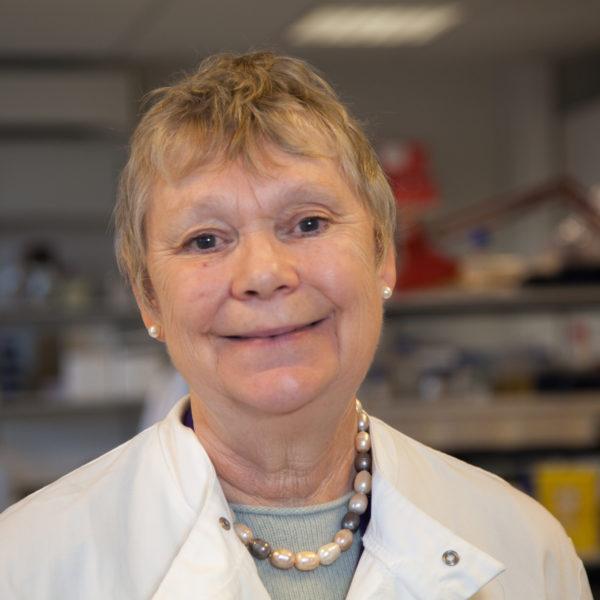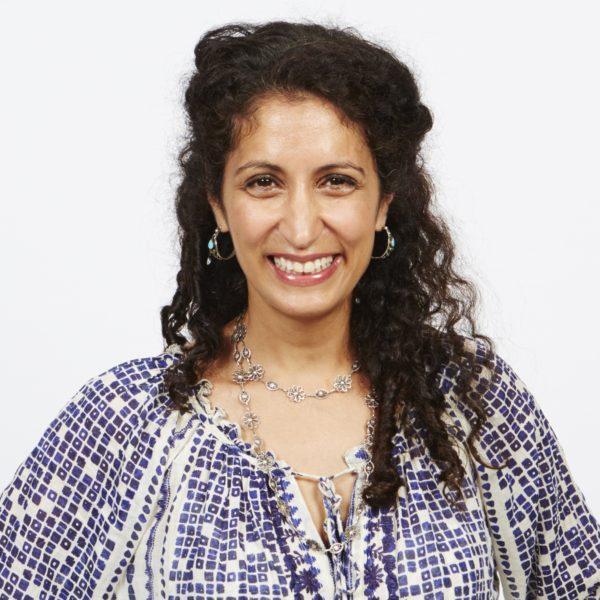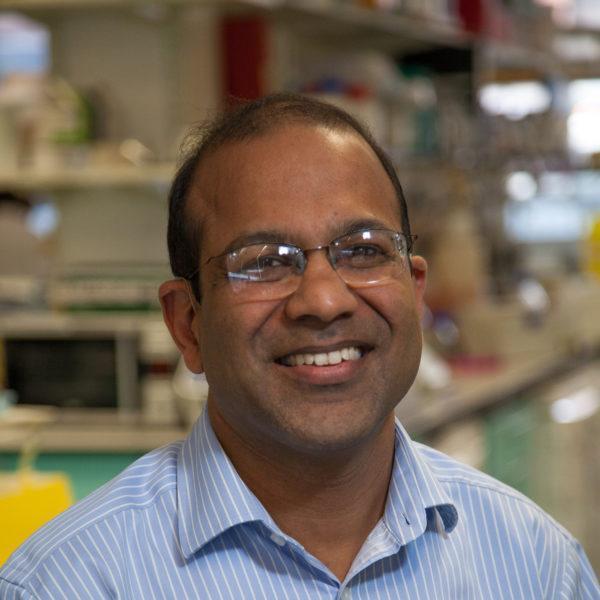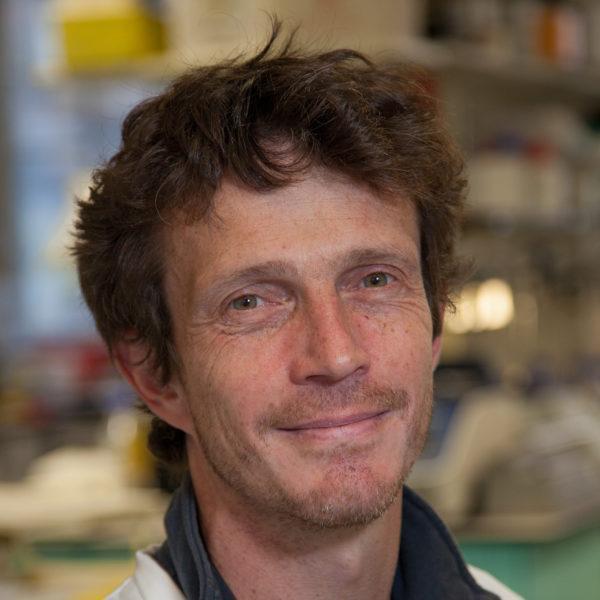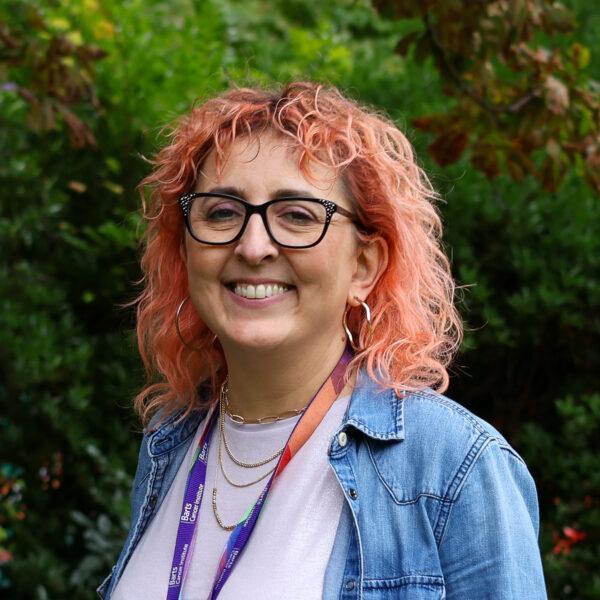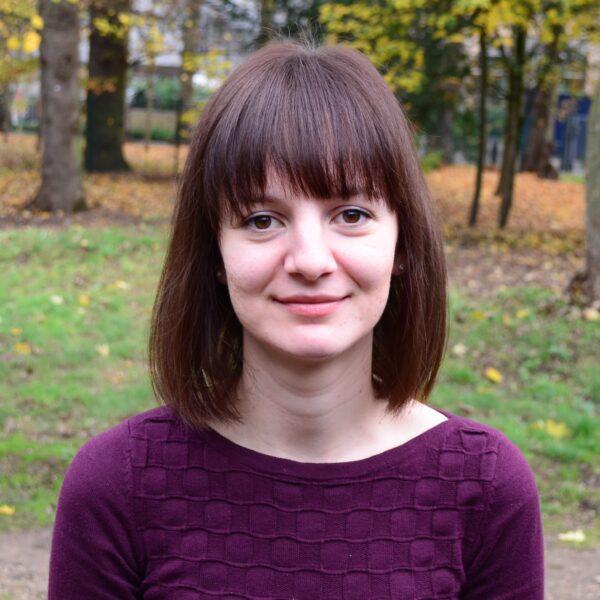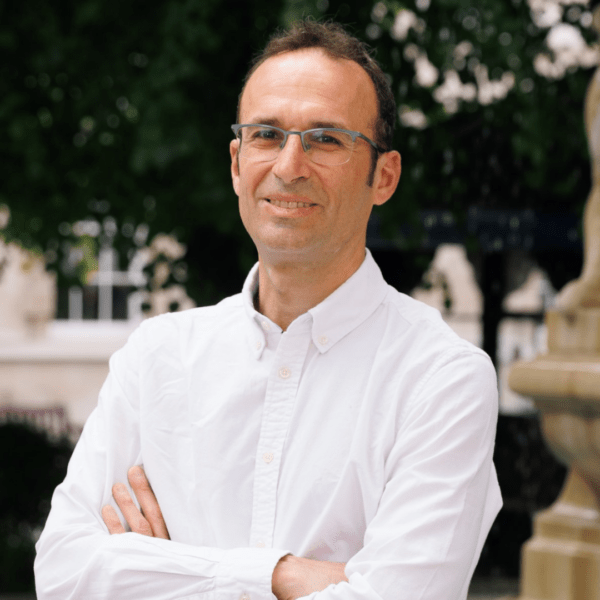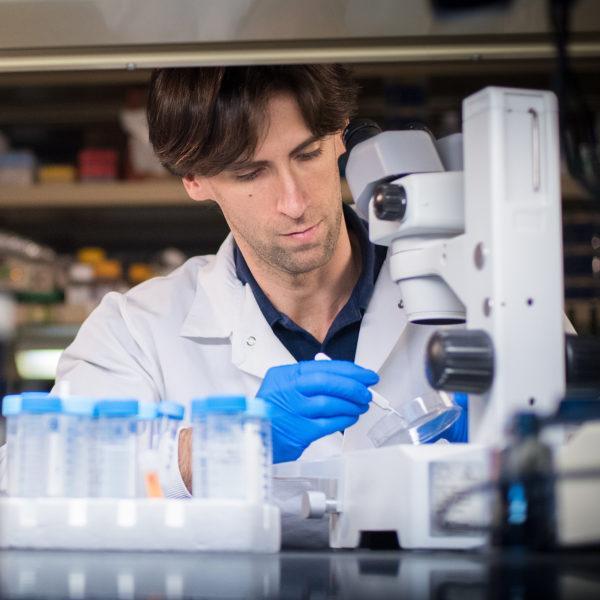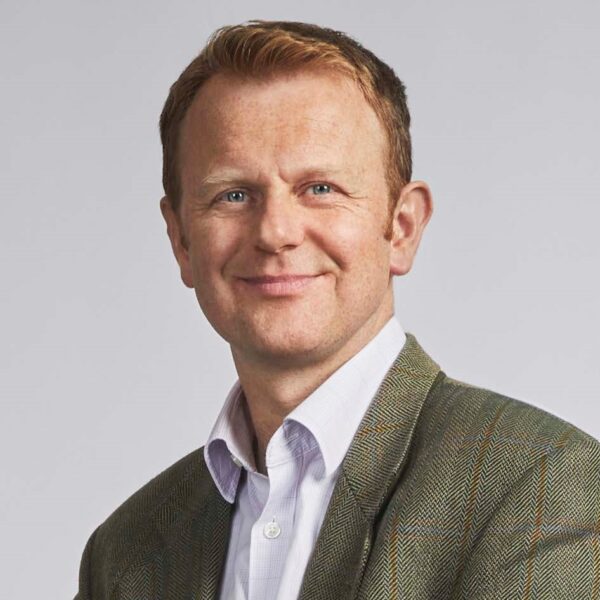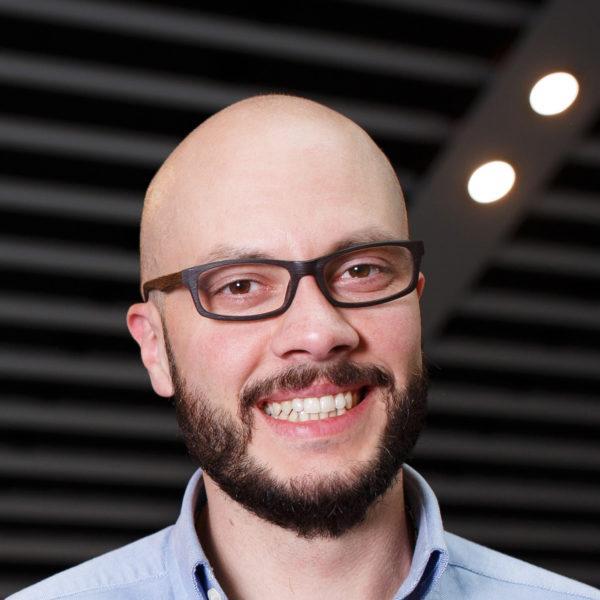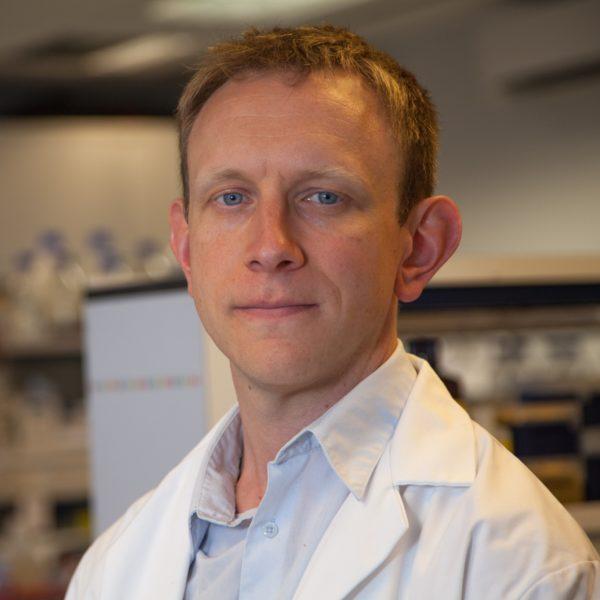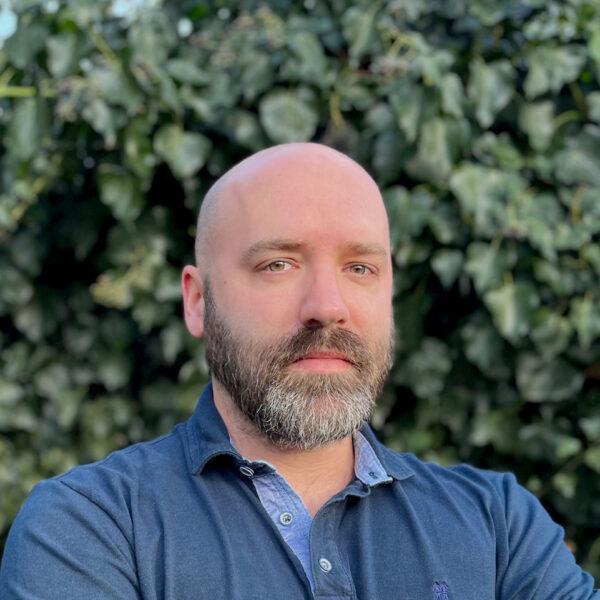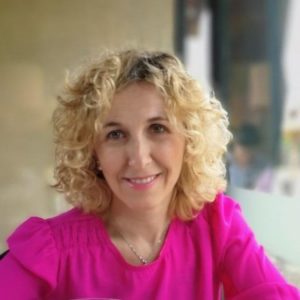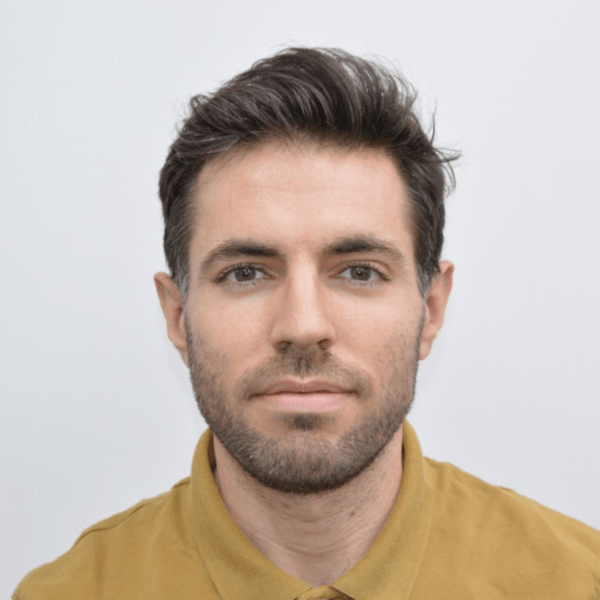Staff Directory
Professor Fran Balkwill
Professor of Cancer Biology
My research is focused on the links between cancer and inflammation, being especially interested in translating knowledge of cancer biology into new biological treatments for cancer and in the role that inflammatory cytokines play in cancer promotion. We study the tumour microenvironment of ovarian cancer using a platform of human multi-cellular tissue culture models and mouse models to research biological therapies that may prevent relapse and increase patient survival.
Professor Kairbaan Hodivala-Dilke
Deputy Institute Director, Professor of the Tumour Microenvironment
Our research aims to improve the efficacy of standard of care immunotherapy, chemotherapy and radiotherapy in human solid cancers by understanding the molecular mechanisms underlying tumour stromal contributions to tumour growth and therapy efficacy.
Professor Hemant Kocher
Professor of Liver and Pancreas Surgery
My clinical research interests include tissue banking, clinical trials, innovative surgical techniques, epidemiology, meta-analysis and patient care pathways. My translational research interests include pancreatic cancer stroma and tumour-stroma cross-talk including cell signalling, adhesion, metastasis and invasion.
Dr Angus James Cameron
Reader in Cell Signalling and Tumour Biology; Director of Graduate Studies (BCI)
My research focuses on kinases regulating cancer cell growth and motility to understand how and when to target them with drugs. My group is currently examining the role of the PKN kinases in malignant progression.
Professor Francesca Ciccarelli
Professor of Cancer Genomics, Barts Cancer Institute Principal Group Leader, Cancer Systems Biology, The Francis Crick Institute
Our group investigates cancer evolution, with a focus on understanding how genetic changes influence disease progression, response to therapy and development of resistance. We particularly concentrate on gastrointestinal cancers such as colorectal, stomach and oesophageal cancer.
Dr Mirjana Efremova
Senior Lecturer
We are interested in understanding the cellular and molecular mechanisms that promote cancer cell plasticity and adaptation of tumour cells in metastatic niches and under therapeutic pressure.
Dr Samar Elorbany
Clinical Lecturer
My research focuses on improving the response to therapy in ovarian cancer and other gynaecological cancers. The key aims are to understand the immune effects of chemotherapy and identify targets to enhance anti-tumor effects and overcome therapy resistance. The ultimate goal is to take these findings forward to clinical trials and develop better treatment approaches for cancer patients to prolong survival and reduce the risk of relapse.
Dr Paolo Gallipoli
Clinical Reader in Experimental Haematology
My research interests focus on mechanisms of disease initiation and maintenance and the identification and validation of novel therapeutic targets in myeloid leukaemias.
Dr Miguel Ganuza
Senior Lecturer
Our goal is to identify mechanisms that support haematopoietic stem cell function and understand how the leukaemic stem cells “play” with these mechanisms to thrive.
Dr Alastair Lamb
Senior Clinical Lecturer, Barts Cancer Institute Visiting Associate Professor, Oxford University Honorary Consultant Urological Surgeon, Guy's and St Thomas' NHS Foundation Trust
Our lab focusses on Spatial Prostate Assessment and the Circulating Environment (aka the SPACE Group). We use cutting edge spatial molecular techniques to unpack clonal dynamics in the development of localised prostate cancer. Alongside this we seek to identify scalable “windows” into clonal lethality using machine learning approaches applied to histology and MRI images as well as ‘liquid biopsy’ of circulating tumour cells (CTCs). Our aim is to transform decision-making in clinical management of prostate cancer so that the right men get the right treatment at the right time.
Dr Luigi Ombrato
Senior Lecturer
My group studies how different populations of immune cells in the tumour microenvironment cross-talk in order to establish a tumour-supportive niche in metastasis. This research aims to identify more effective therapeutic targets in metastatic cancers.
Dr Oliver M. Pearce
Reader in Tumour Extracellular Matrix
The focus of our research is the tumour microenvironment and we are particularly interested in understanding the composition and function of the tumour extracellular matrix in immunosuppression. Cancer types we focus on include ovarian and breast cancers.
Dr Barrie Peck
Senior Lecturer
My lab aims to understand the alterations in metabolism that take place in cancer and investigate whether extrinsic factors, such as diet, influence cancer metabolism and disease trajectory. We then want to uncover whether these dependencies can be exploited therapeutically.
Professor Victoria Sanz-Moreno
Honorary Professor of Cancer Cell Biology
Our research focuses on how the cytoskeleton of cancer cells regulates transcriptional rewiring during tumour growth and dissemination. We aim to understand how such rewiring affects the tumour microenvironment.
Dr Max Beesley
My research focuses on improving our understanding of why only certain prostate cancer clones within a patient (intratumoural) undergo metastasis. I will apply next-generation spatial transcriptomics to investigate clonal evolution, identify key driver mutations and better understand clonal interaction with the stromal tumour microenvironment (TME).
Dr Jonathan Burden
My research investigates how centrosome amplification in breast cancer impacts angiogenesis and the tumour microenvironment, and how this can be targeted as a potential cancer therapy.
Dr Maria Fankhaenel
My research focuses on understanding how centrosome amplification impacts tumour angiogenesis and how this can be targeted to develop new cancer therapies.
Dr Paul Grevitt
My research projects involve identifying tumour suppressors involved in regulating the hypoxic response and metabolic stress, with the aim to identify novel targeted therapies against these.
Dr Lou Salome Herman
My current research focuses on investigating B and T cell population differences in chronic lymphocytic leukaemia (CLL) mouse models before and after Bruton Tyrosine Kinase (BTK) inhibitor treatments.
Dr Elien Heylen
My research is focused on the tumour microenvironment of breast cancer with a particular focus on metabolic crosstalk between pericytes and its surrounding environment.
Dr Joash Joy
My research focuses on building human tumour models within microfluidic chips that recapitulate features of the tumour microenvironment, such as blood vessels.
Dr Katarina Kluckova
We are interested in metabolic dependencies of B-cell lymphomas, in particular the serine synthesis pathway and one carbon metabolism.
Dr Panoraia Kotantaki
My research is focused on the tumour microenvironment of ovarian cancer with a particular focus on the extracellular matrix and how current and novel treatments influence this microenvironment.
Dr Meng-Lay Lin
My research interest focuses on risk stratification signatures for Barrett’s oesophagus progression to cancer using high throughput multiplexed imaging, bioinformatics, shallow whole genome sequencing, and spatial transcriptomics.
Dr Oscar Maiques
Our research focuses on the principles of spatial biology, integrating digital pathology, multi-omic data, and various imaging modalities to explore tissue architecture and the tumour microenvironment.
Dr Beatrice Malacrida
My research focuses on designing 3D in vitro models to understand the contribution of the tumour microenvironment during HGSOC progression.
Dr Juan Manuel Marti
My current project dissects the role that the protein FAK plays on the induction of senescence observed in endothelial cells (ECs) after DNA damage therapy, and its role in lung cancer metastasis.
Dr Sam Ogden
We are using single cell multi-omic approaches to study how cancer cell plasticity and the tumour microenvironment contribute to metastasis in colorectal cancer.
Dr Emma Taggart
My research aims to investigate the immune microenvironment in colorectal cancer, and particularly how it influences response to immunotherapy. To explore this, I am developing co-culture models using patient-derived colorectal cancer tissue and primary human immune cells including T cells and macrophages.
Dr Elly Tyler
My research investigates a specific composition of extracellular matrix molecules which may explain the difference between responders and non-responders to immunotherapy.
Dr Mingyu Ye
My research focuses on Vaccinia virus (VACV) as a candidate for oncolytic virotherapy, an extremely effective strategy that can simultaneously target multiple features of the suppressive tumour microenvironment (TME) in cancer and sensitize the tumours to other forms of immune or traditional therapeutics.

